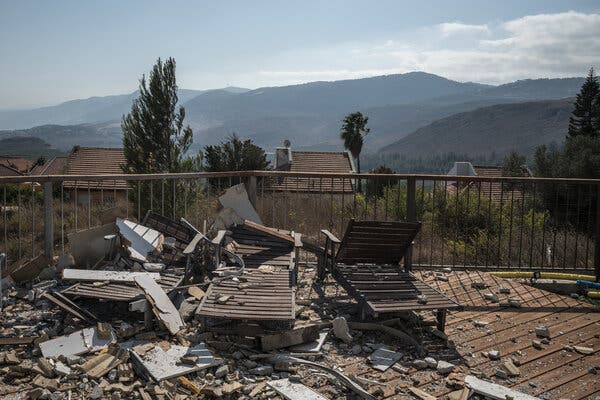Diplomats thought both Israel and Hezbollah supported a call for a temporary cease-fire. Then Israel killed Hezbollah’s leader.

Everything appeared to be heading in the right direction for a breakthrough in Middle East peacemaking, to avert a spiraling war that would embroil the region.
Officials from the United Nations, France and the United States had drafted a statement calling for a three-week cease-fire aimed at preventing a broader conflict between Hezbollah and Israel, and shared it with the two sides to consider.
Amos Hochstein, a White House envoy, told United Nations and Lebanese officials that Israel was ready to endorse the statement, according to four Western diplomats and three Lebanese officials who were involved in or briefed on the talks. The leader of Hezbollah, Hassan Nasrallah, also sent word through an intermediary that his powerful militia supported the call for a cease-fire, the officials said.
So on Sept. 25, as world leaders gathered in New York for the United Nations General Assembly, President Biden and President Emmanuel Macron of France announced the plan and released the statement, expecting the warring parties to publicly embrace it.
But two days later, before diplomats could draw up a detailed cease-fire proposal, Prime Minister Benjamin Netanyahu of Israel declared at the United Nations that Israel must “defeat Hezbollah in Lebanon.” Soon after, huge bombs fell on Beirut’s southern outskirts, killing Mr. Nasrallah and extinguishing any immediate prospect of a cease-fire.
Now the expanded war in Lebanon that officials had been working to prevent is raging — and threatening to ignite a larger regional conflagration.



